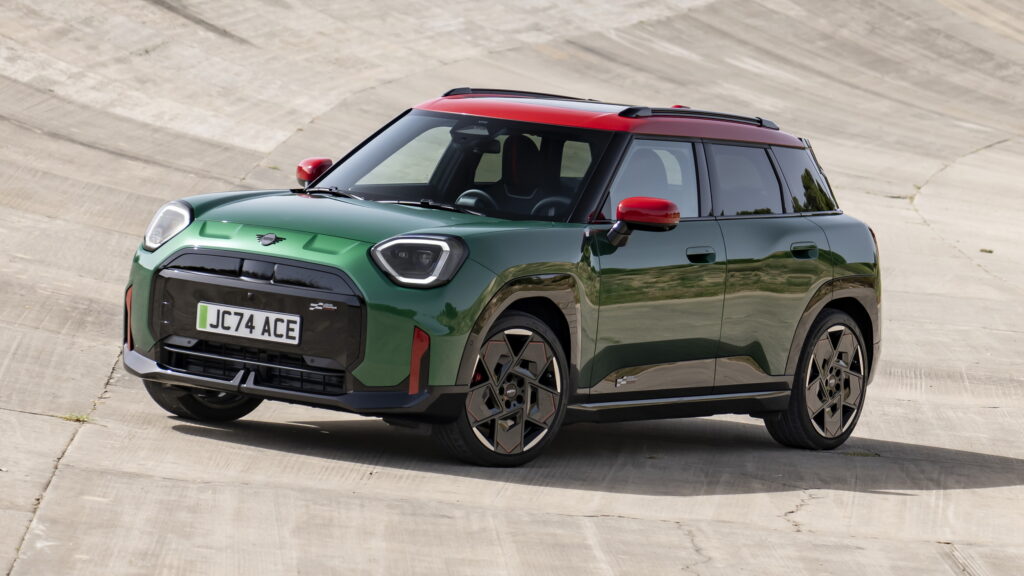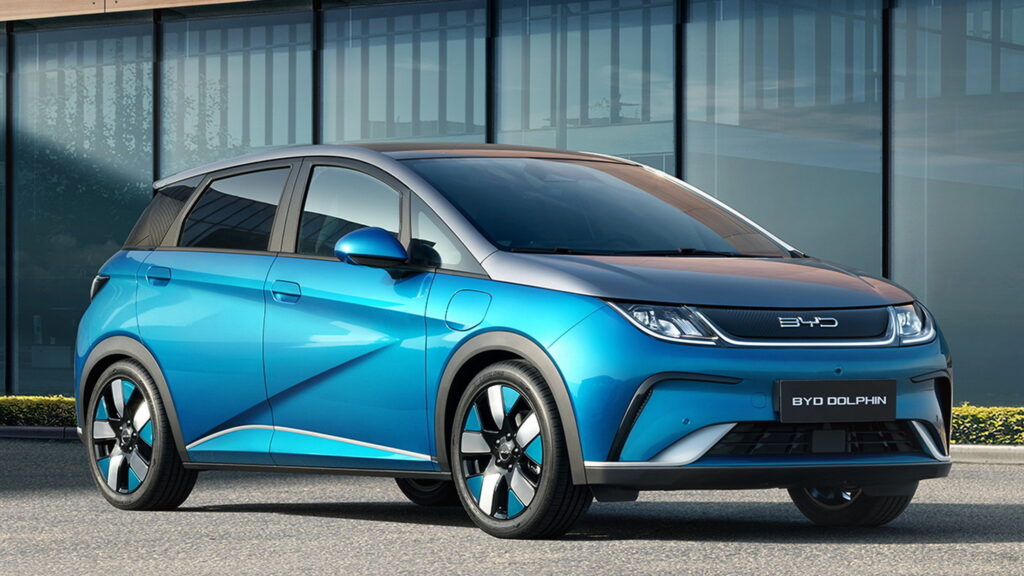- BMW, Geely, SAIC, and BYD are taking legal action to overturn EU tariffs on Chinese imports.
- The four automakers filed complaints at the Court of Justice of the European Union this week.
- Tariffs of 17-35 percent were slapped on them after a European Commission investigation.
Four automakers from Europe and China have joined forces to challenge EU tariffs on cars imported to the region from China. BMW, BYD, Geely, and SAIC all lodged complaints on Tuesday this week, just one day before the deadline.
The quartet is objecting to the tariffs set last year following an investigation by the European Commission into Chinese state aid in the Chinese car industry, Reuters reports. The panel concluded that available aid gave some automakers an unfair financial advantage when selling cars in Europe.
Related: China Hits EU With WTO Lawsuit Over EV Tariffs
Investigators said the help came in many forms, ranging from cheap loans to subsidized batteries, and because some automakers got more help than others, or were less transparent with the probe, the tariff amounts vary.
BYD cars were hit with a relatively low 17 percent rate, though that is on top of the standard 10 percent import duty for goods to the EU. Geely’s cars attract an 18.8 percent tariff and SAIC took both barrels, being blasted with a 35.3 percent tariff.
But what’s the deal with BMW? Although the tariffs on the Chinese automakers could help sales of its BMW-branded cars, they’re a big problem for Mini. The combustion Mini is still built at the Oxford plant in the UK but the new electric Cooper hatch and Aceman SUV are both produced in China. UK builds are coming, but not until 2026, which is why the US launch of each model has been postponed.

There have been no reports of other European carmakers who build cars in China and then export them to the UK, such as VW Group’s Cupra brand, also logging legal challenges to the tariffs. But even Mercedes, which doesn’t import Chinese-built EVs to Europe, has previously come out against the tariffs.
Several Chinese companies have been looking at ways to sidestep the duties by building their EVs in or close to Europe. Chery is already building cars at an old Nissan plant in Spain, BYD has plans to build factories in Hungary and Turkey, and earlier this month we reported that Chinese officials were interested in taking factories VW no longer needs, in part due to a downturn in its China sales operation.





